The wunderkind Emmanuel Macron has already been capitalizing on his electoral success, meeting with world leaders last week at the G-7 summit in Taormina, Italy, for example, and the NATO summit in Brussels. He appears to have tread cautiously in the presence of his U.S. counterpart, Donald Trump.
Many, including several of my colleagues, have commented on Donald Trump’s failure to endorse NATO’s Article 5—the clause on collective defense—during his NATO address. But Macron, for his part, has remained cautious. While German Chancellor Angela Merkel declared “We Europeans truly have to take our fate into our own hands,” Macron said nothing of the sort. Instead, he reflected in a Journal du Dimanche interview on his long handshake with Trump:
“I saw a leader with strong opinions on a number of subjects, which I share in part—the fight against terrorism, the willingness to keep our place in the family of nations—and with whom I have disagreements that we spoke about very calmly. I saw someone who listens and who is willing to work.”
(On the handshake itself, he added: “we must show that we will not make small concessions, even symbolic ones.”)
The U.S. president was rightly criticized for being rude to European leaders, including particularly the prime minister of Montenegro, but he appeared to show some deference to his 39-year old French counterpart, who is not only the youngest but also the most recently elected G-7 leader. “It is my great honor to be with the newly elected president of France, who ran an incredible campaign and had a tremendous victory. All over the world they’re talking about it,” Trump said at the start of a meeting with Macron. This puzzled those who remembered Trump’s harsh campaign statements, such as—following a rise in terrorist attacks in the European country—that “France is no longer France.” In Brussels, Trump also staunchly denied having supported Macron’s challenger, far right leader Marine Le Pen.
During their two-hour meeting, Trump urged Macron to meet the NATO defense spending target of 2 percent of GDP. In fact, France’s 2017 defense spending totals 40.84 billion euros, or almost 1.8 percent of GDP (Germany spends about 1.2 percent and Italy about 1.1 percent). This should please Trump.
The American president also urged France and the Alliance to focus on counterterrorism, praising France for its leadership in counterterrorism efforts in Africa where it is playing a key role in several countries to prevent the spread of jihadist groups. Meanwhile, France—continental Europe’s only nuclear power, and the lone owner of an aircraft carrier—has been active in supporting anti-ISIS efforts in Syria and Iraq.
U.S. defense experts still remember Paris’ decision to send 4,000 troops to Mali in 2013 following a U.N. Security Council resolution and an official request by the Malian government. This was mainly the work of the highly regarded ex-defense minister Jean-Yves Le Drian, a frequent visitor to Washington over the past five years who managed to maintain an excellent relationship with the Pentagon through the transition from Obama to Trump. Le Drian was recently appointed foreign minister by President Macron.
Against the odds, France seems to be the only European country who has been vaguely successful with Trump in the past few weeks.
Against the odds, France seems to be the only European country who has been vaguely successful with Trump in the past few weeks. Trump’s initial encounters with Britain’s Theresa May and Merkel were both considered “cold” and “odd,” and things did not particularly improve in Brussels and Taormina last week. Following Trump’s departure, comments by European—and especially German—politicians have been stark and undiplomatic. Going a step further than Merkel, German Foreign Minister Sigmar Gabriel complained that “Trump’s actions have weakened the West and hurt German interests.” Neither Macron nor any of his ministers made such claims.
There is one subject, though, where France and the United States could disagree, and that is climate. During the G-7 meeting, Trump was the only leader who declined to pledge his support for the 2015 Paris Accord, negotiated and completed in the French capital while Macron was still economy minister. Although Trump has said that he would make a final decision this week, there are concerns among the deal’s 195 signatories that the United States could withdraw.
With Macron being one of France’s most pro-European presidents in many years, it is hard to see him playing his card against Merkel’s. After all, he visited the German chancellor the morning after his own inauguration. But this new French leader, who has concluded rather successfully his initial steps on the world stage (alongside a most peculiar new U.S. president), is sure to make an impact not just in Europe but also across the Atlantic, and possibly within the Trump White House. After several years of a weaker France on the European stage, Macron’s election and his promising entry into the exclusive clubs of the G-7 and NATO can help strengthen Europe’s voice—and help the EU get back on track.
The Brookings Institution is committed to quality, independence, and impact.
We are supported by a diverse array of funders. In line with our values and policies, each Brookings publication represents the sole views of its author(s).

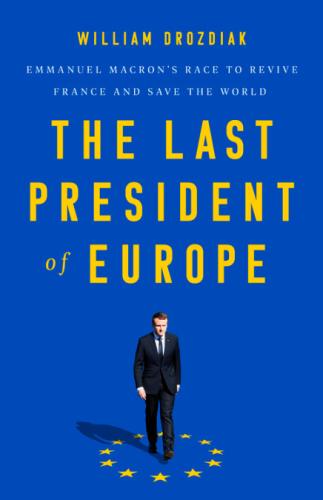
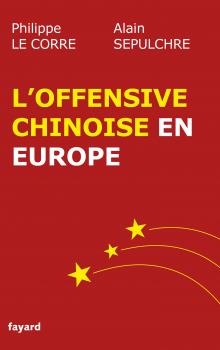
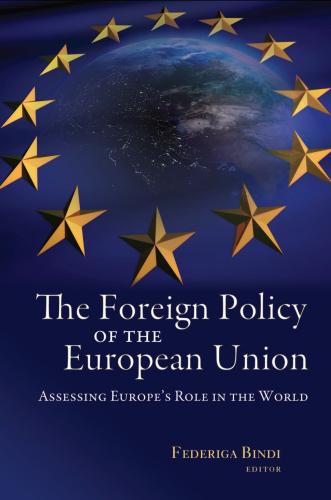
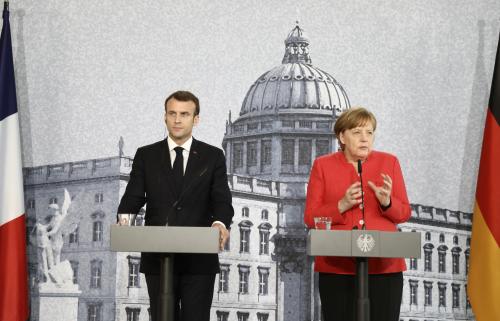
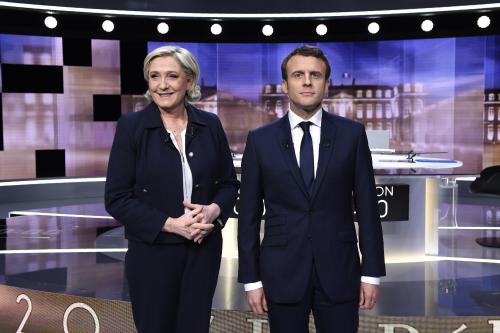
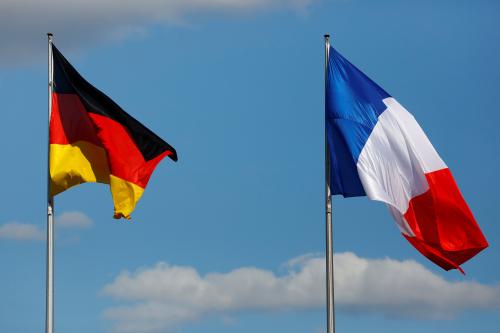

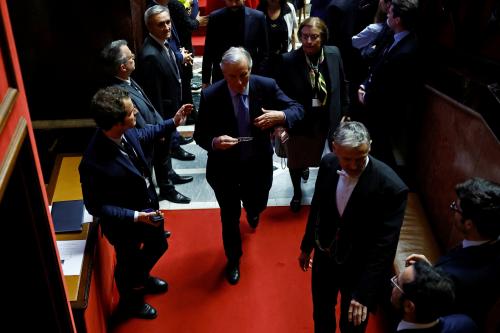
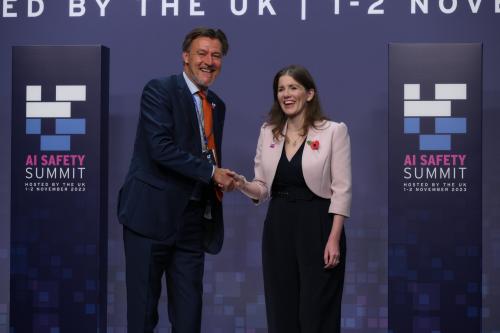
Commentary
Macron’s trans-Atlantic moment
June 1, 2017